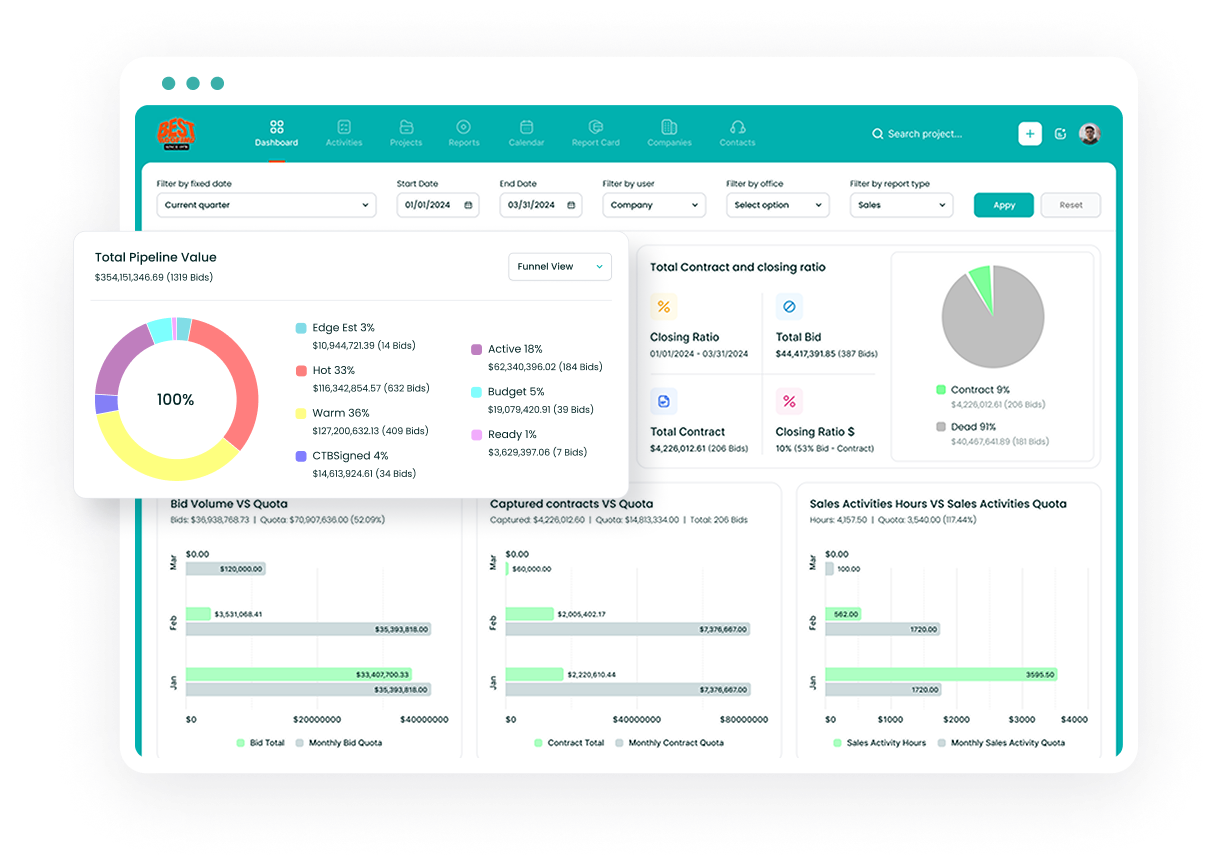Preliminary Steps
Before beginning the month-end close process, several critical preparatory steps must be completed:
- Create a complete backup of your Sage 100 database to ensure data can be restored if needed.
- Verify all users have logged out of the system using Master Console (File > Master Console).
- Review all transactions for accuracy and completeness.
Module Closing Sequence
The correct order for closing modules is essential as data from one module often writes to another. Follow this sequence precisely:
Distribution Modules
- Bill of Materials
- Purchase Order
- Sales Order
- Inventory Management
Financial Modules
- Accounts Payable
- Accounts Receivable
- General Ledger
Purchase Order Module Closing
Begin with the Purchase Order module:
- Process all pending receipts
- Review and print the Purchases Clearing Report
- Verify all invoices have been received and processed
- Run period-end reports as needed
- Execute the period-end closing process
Accounts Payable Processing
After Purchase Orders, proceed with Accounts Payable:
- Enter all invoices for the current period
- Process all manual and computer checks
- Print the Aged Invoice Report
- Reconcile AP balance to the General Ledger
- Print other month-end reports as needed
- Perform period-end processing
Sales Order Processing
For the Sales Order module:
- Complete all invoicing for the current period
- Print all required reports
- Update daily sales registers
- Clear all completed orders
- Execute period-end processing
Accounts Receivable Procedures
Follow these steps for AR:
- Post all cash receipts
- Process all credit card payments
- Generate the Aged Invoice Report
- Reconcile AR balance to the General Ledger
- Print customer statements
- Run period-end processing
Inventory Management
For Inventory closing:
- Process all physical count adjustments
- Update all costing information
- Print the Inventory Valuation Report
- Verify inventory balance matches General Ledger
- Run period-end processing
General Ledger Final Steps
As the last module to close, General Ledger requires special attention:
- Ensure all subsidiary modules are closed
- Review the Daily Transaction Register
- Post all recurring journal entries
- Reconcile all bank accounts
- Print financial statements
- Review trial balance
- Make any final adjusting entries
- Execute period-end processing
Important Considerations
Backup Procedures
- Create multiple backups throughout the closing process
- Test backups to ensure they can be restored
- Store backups in secure, off-site locations
Reconciliation Requirements
- Reconcile all subsidiary ledgers to the General Ledger
- Verify intercompany transactions are balanced
- Check for unposted batches or transactions
Report Generation
- Print and review all required financial reports
- Store copies of month-end reports securely
- Compare results to previous periods
Best Practices
- Maintain a detailed checklist for each module's closing procedures
- Document any special adjustments or unusual transactions
- Keep audit trails of all closing activities
- Schedule adequate time for the closing process
- Ensure all team members understand their roles
Post-Closing Procedures
After completing the month-end close:
- Create a final backup of the closed period
- Archive important reports and documentation
- Review the closing process for potential improvements
- Begin preparation for the next period
Common Issues and Solutions
Data Integrity
- Regularly verify posting settings
- Check for unposted batches
- Review audit trails for completeness
System Performance
- Monitor system resources during closing
- Schedule intensive processes during off-hours
- Maintain adequate disk space
Timing Considerations
The month-end close should be completed in a timely manner, but accuracy should not be sacrificed for speed. Consider:
- Setting realistic deadlines for each module
- Allowing time for unexpected issues
- Coordinating with other departments
- Planning for holidays and staff availability
Conclusion
Successful month-end closing in Sage 100 requires attention to detail, proper sequence, and thorough documentation. Following these procedures consistently will ensure accurate financial reporting and maintain the integrity of your accounting records. Remember to maintain backups throughout the process and verify all steps are completed before moving to the next period.
Citations: [1] https://www.youtube.com/watch?v=Lu3ZJ80dix0 [2] https://www.jcscomputer.com/sage-100-month-end-close-checklist [3] https://www.microaccounting.com/resources/month-end-year-end-close-checklists-in-sage-intacct/ [4] https://www.top-sage-resellers.com/blog/sage-100-year-end-closing-procedures [5] https://www.swktech.com/sage-100-video-year-end-processing-and-closing-procedures-in-sage-100-workshop/ [6] https://www.venasolutions.com/blog/month-end-close-process-checklist [7] https://www.highradius.com/resources/Blog/what-is-month-end-close-process/ [8] https://www.ardentconsultingllc.com/resources/period-end-processing-in-sage-100-general-ledger-a-step-by-step-guide

